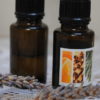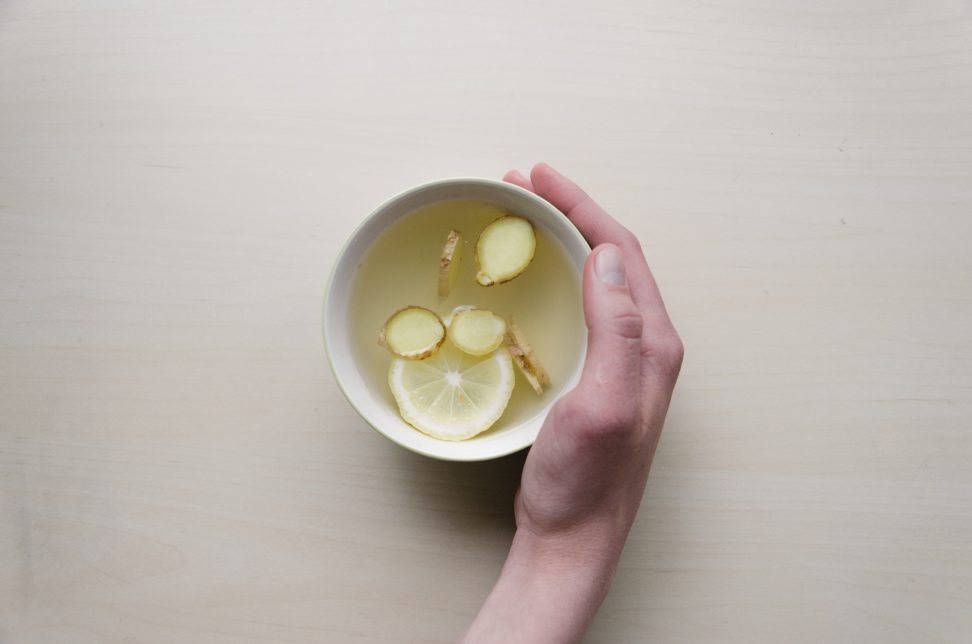Have you heard the phrase self-care? It’s a word that is thrown around a lot. For most, it sounds like pie-in-the-sky health jargon. Well, I’d like to breathe new life into this overused word and show you why “self-care” is a practical approach to being more healthy.
Self-care. What does it mean?
Bear with me as I pull a quote from the Oxford Dictionary. Self-care is “the practice of taking action to preserve or improve one’s own health” and “the practice of taking an active role in protecting one’s own well-being and happiness, in particular during periods of stress.”
I love this definition because it uses the words “action” and “practice.” Self-care involves acting on tangible information about your unique physical and mental needs. Once a person (you!) has that tangible information, they can make choices and actions to improve their health.
Sometimes, a client meets with me because they already have a clear picture of a need, like getting more sleep or eating less sugar. Other times, a client calls because their doctor is asking them to meet a specific goal, like lowering their blood sugar. And other times, people come because they just know they are not doing well, or they are stuck.
Whatever the starting point, I come alongside each person and coach them through the real-life process of improving their health.
Wondering where to start?
Self-care starts by becoming aware. Using a health journal is a practical way to raise your awareness, giving you real details on habits, patterns, symptoms, and so on.
Summarizing from the Wellness Mama’s 7 Reasons Why You Should Health Journal:
• You’ll recognize patterns;
• You’ll notice inflammatory and irritating foods and products;
• You’ll be able to evaluate sleep, stress, exercise and how it affects you; and
• You’ll be tracking health information that will be useful for you and your doctor.
 Additionally, you can raise your awareness by enlisting the support and expertise of your primary healthcare provider, your naturopath, a fitness trainer, and (You got it!) a health coach. Also, if you have family members who are willing to share, you might ask them about their health ups and downs. Often, family members share similar physical and genetic predispositions and conditions. You might learn something that you weren’t aware of and you won’t be starting from scratch. And having a strong social network you can lean on is part of self-care!
Additionally, you can raise your awareness by enlisting the support and expertise of your primary healthcare provider, your naturopath, a fitness trainer, and (You got it!) a health coach. Also, if you have family members who are willing to share, you might ask them about their health ups and downs. Often, family members share similar physical and genetic predispositions and conditions. You might learn something that you weren’t aware of and you won’t be starting from scratch. And having a strong social network you can lean on is part of self-care!
So, what does self-care mean? It’s about maintaining awareness, ie. listening to your body, so you can be your own best advocate and take steps to improve and maintain your health.
Next month, we’ll jump into some of those specific steps. If you have questions before then, give me a call or drop me an email.



![z31[1]](https://simplywholebydevi.com/wp-content/uploads/2018/06/z311-100x100.jpg)












